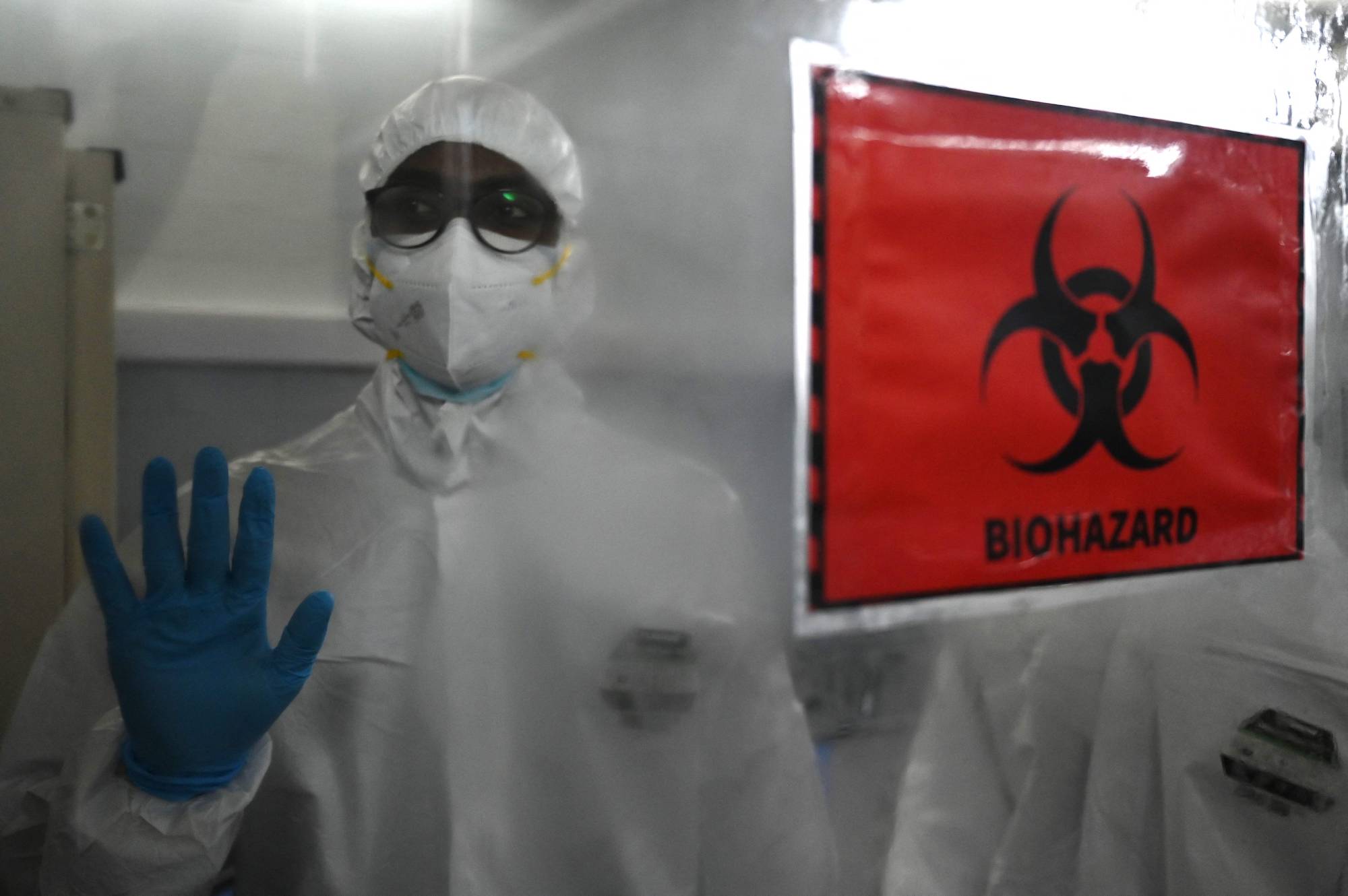About two months before India officially reported its first cases of monkeypox, Mumbai doctor Ishwar Gilada urged two of his patients to get tested. Both — a gay man and a male who identifies as bisexual — refused, even though their sexual partners caught the disease.
Gilada, who opened India’s first AIDS clinic in 1986, understood the challenges that lie ahead. In parts of the world where LGBTQ people face stigma and bias, patients are reluctant to seek testing or treatment for a disease that has recently afflicted gay and bisexual men. They didn’t want to be the first monkeypox cases in India, Gilada recalled. "They are going underground.”
Since May, the disease has afflicted more than 28,000 people, and while it can spread through all kinds of close contact, among the cases in the U.S. for which detailed epidemiological information is available, 94% reported male-to-male sexual or close intimate contact during the three weeks before symptoms appeared, the Centers for Disease Control and Prevention reported on Friday.

















With your current subscription plan you can comment on stories. However, before writing your first comment, please create a display name in the Profile section of your subscriber account page.